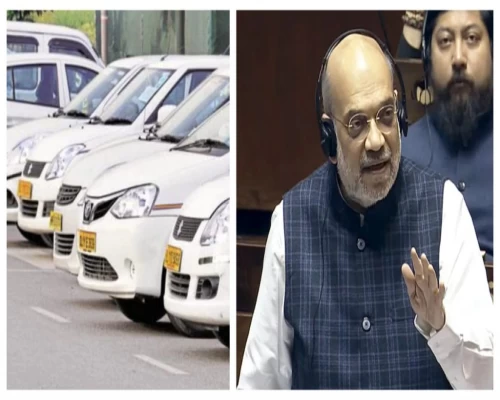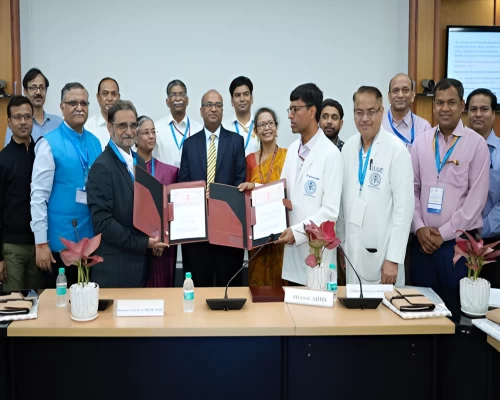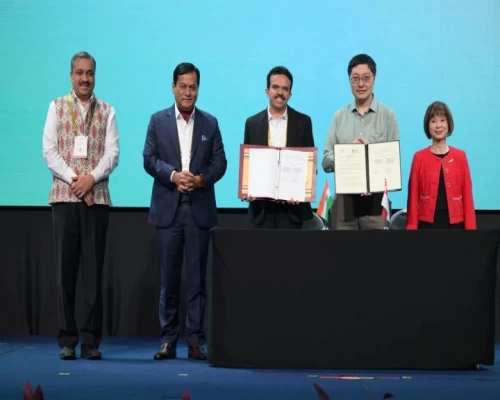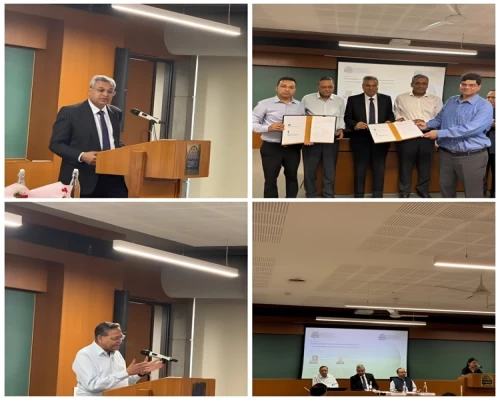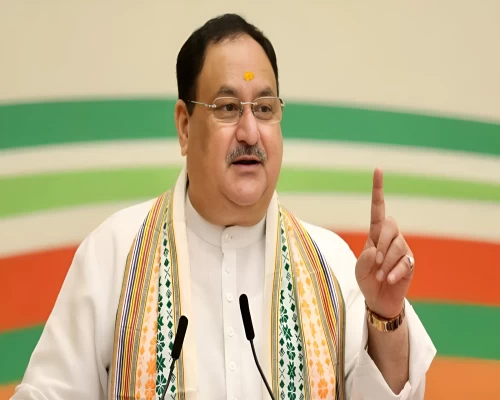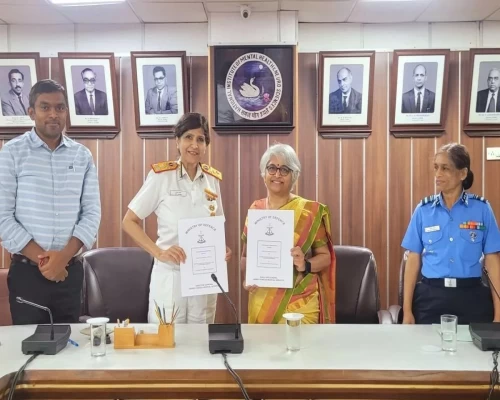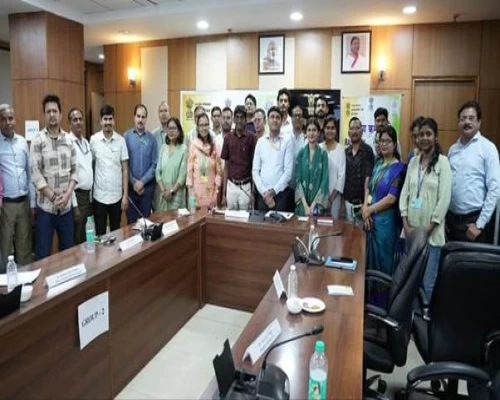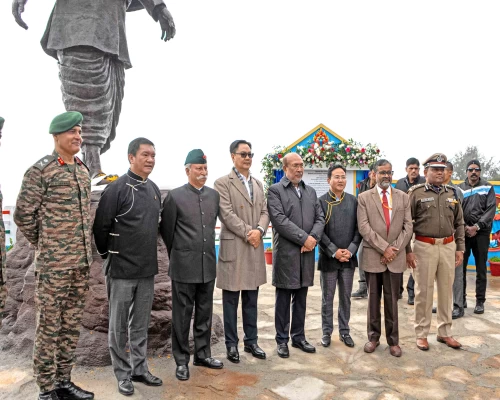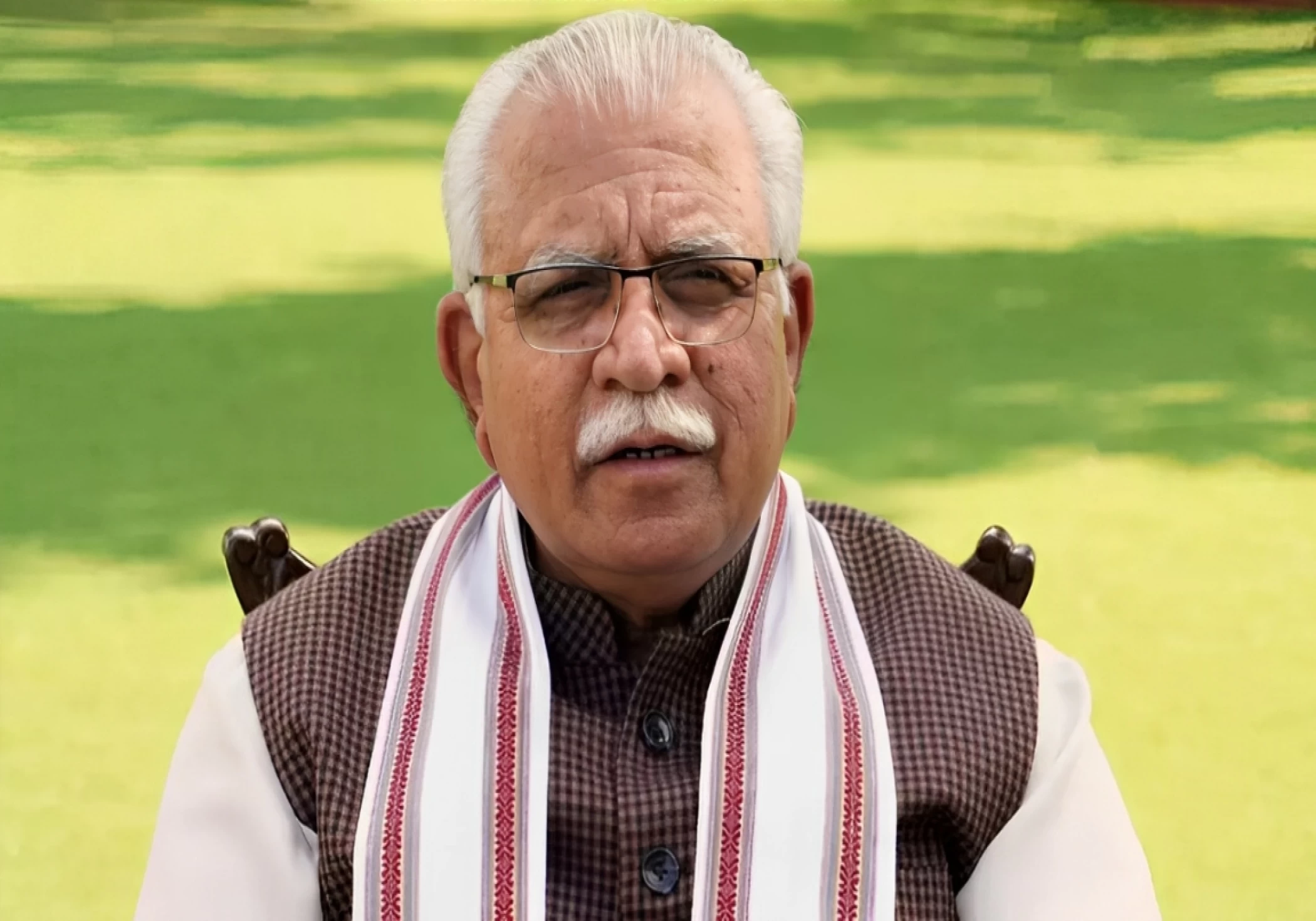
New Delhi: “The government aims to empower its staff with the skills and knowledge required to plan better and manage cities, thereby enhancing ease of living for citizens,” said Manohar Lal, Union Minister for Housing and Urban Affairs, emphasising citizen-centric urban governance during his inaugural address at the ‘Capacity for Change: Forging Sustainable Futures’ conference held at the India Habitat Centre, New Delhi.
The conference was organised by the National Institute of Urban Affairs, under the aegis of the Ministry of Housing and Urban Affairs (MoHUA). It served as a platform for thought leaders, urban officials, and experts to discuss strategies and best practices for building institutional capacity in urban governance, exploring how data and technology can be leveraged to make capacity-building initiatives a catalyst for strengthening urban governance.
Addressing the gathering, the Minister highlighted the conference's strategic importance, stating, "This initiative aims to reimagine historic Indian cities, address urban expansion, and integrate technology and AI to shape future cities. We should draw inspiration from the traditional wisdom of our historic cities and combine it with modern technological tools to create sustainable urban environments, as 50 per cent of the population is projected to live in cities by 2047."
Tokhan Sahu, Minister of State for MoHUA, further underscored the government's commitment to fostering inclusive cities. “The mission of the Government of India is not only to make cities engines of growth but also examples of equity, equality, and sustainability. Innovation is key, but it must be citizen-centric. Involving citizens in governance ensures that cities become inclusive, especially for marginalised communities,” he remarked.
Rahul Kapoor, Joint Secretary at MoHUA, reaffirmed the Ministry’s role in addressing urban challenges through technology and capacity-building. “The ‘Capacity for Change’ conference showcases how digital learning can enhance urban governance. Through platforms like the National Urban Learning Platform (NULP), we aim to empower government officials to lead the way towards a sustainable urban future,” he said. He highlighted the Ministry’s commitment to creating resilient cities through collaborative solutions, noting that the NULP currently engages over 107,825 members, including more than 500 Urban Local Bodies (ULBs), and offers over 114 courses to urban practitioners.
Debolina Kundu, Director (AC) of the National Institute of Urban Affairs, emphasised the importance of collaboration in urban governance. “The involvement of state and city officials, Ministry representatives, partners, and experts from across the country in this conference reflects our collective commitment to creating resilient, inclusive, and sustainable urban futures,” she said.
The conference included multiple engaging sessions focused on capacity-building as a catalyst for urban transformation. Key topics discussed included capacity building as a catalyst for sustainable urban transformation, building institutional capacity for sustainable urban governance, building for citizen-centric governance, and building capacities of urban officials for digital governance.
Several important knowledge products were launched during the conference, aimed at strengthening urban governance and capacity building. These included Urban Learnathon 2.0, a challenge to promote innovative urban solutions through collaboration between state and city officials, academics, and industry partners. NULP 4.0 was also launched as an on-demand skilling tool that creates India's largest digital learning community for urban practitioners, fostering a culture of collaborative learning and knowledge co-creation. Additionally, the ‘Know Your Ministry’ course was introduced, offering an overview of MoHUA, its vision, mandate, and historical evolution. A discussion paper titled ‘Pathways for Mainstreaming Urban Climate Action’ was also released, addressing climate action in urban settings.
Publications such as Towards a More Efficient and Equitable Property Tax System: The Next Step, the Compendium of Coastal Nature-based Solutions (UrbanShift, NIUA), and the Transforming Cities Playbook were also introduced, showcasing practical use cases for Integrated Command and Control Centres (ICCCs) in urban governance. The Cybersecurity Handbook for Smart Cities was launched to address cybersecurity challenges in smart cities, alongside the City Innovation eXchange (CiX) Compendium of Success Stories, highlighting transformative innovations by startups tackling urban challenges. The Vibrant Public Spaces compendium showcased water and parkscapes from India’s Smart Cities Mission.
The "Capacity for Change" conference marked a significant step in addressing the complexities of urbanisation in India. By leveraging cutting-edge tools, collaborative platforms, and innovative capacity-building methodologies, this initiative seeks to empower urban practitioners to drive sustainable urban transformation.
BI Bureau






